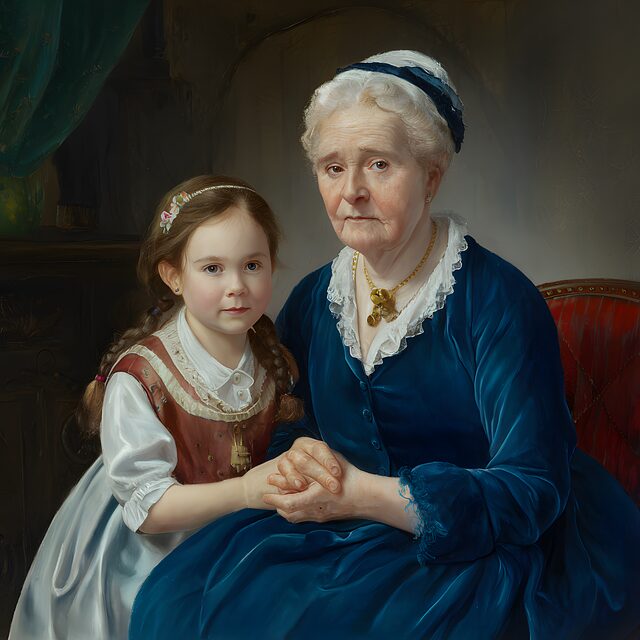Open communication is key in addressing aging-related needs and delivering quality senior care. Encouraging conversations about aging empowers seniors and caregivers, facilitating early identification of challenges, informed decision-making, and respect for individual circumstances. Creating safe, judgment-free spaces with diverse communication channels builds trust and encourages sharing. Utilizing senior caregiving resources offers tailored information, support, and educational materials, enabling comfortable dialogue about sensitive topics and fostering emotional well-being through support groups and community events. Active listening and empathy ensure every senior's voice is heard, promoting independence, dignity, and tailored care as they age.
Fostering open communication about aging-related needs is crucial for ensuring seniors receive the support they require. As our population ages, it’s essential to navigate conversations around declining health, independence, and long-term care with sensitivity and clarity. This article explores strategies to create safe spaces for these discussions, leveraging senior caregiving resources and cultivating empathy. By implementing active listening techniques and building strong relationships, we can better address the unique needs of aging individuals.
Recognizing the Importance of Open Communication about Aging
Open communication is a cornerstone in addressing aging-related needs and ensuring quality senior caregiving. As our population ages, conversations about aging must become more prevalent and accessible. Recognizing the significance of this topic is the first step towards fostering an environment where seniors feel comfortable discussing their changing requirements. By encouraging open dialogue, we can identify potential challenges early on and develop strategies to navigate them effectively.
This proactive approach empowers both seniors and their caregivers by providing them with essential senior caregiving resources. It enables families to plan for the future, make informed decisions, and explore various options tailored to their unique circumstances. Through open communication, individuals can express their wishes, fears, and preferences, ensuring that their needs are met with dignity and respect as they age.
Creating a Safe and Supportive Environment for Conversations
Creating an environment where seniors and their loved ones feel safe to discuss aging-related needs is paramount. This involves fostering a non-judgmental, empathetic atmosphere that encourages honest conversations. As a professional in senior caregiving resources, it’s essential to lead by example, ensuring every interaction is welcoming and accessible. Using inclusive language, active listening techniques, and validating emotions can significantly contribute to building trust.
When discussing sensitive topics like aging and care needs, privacy matters. Assuring confidentiality and providing information about data protection measures can alleviate concerns. Additionally, offering diverse communication channels—face-to-face meetings, phone calls, or video chats—accommodates different preferences, making the dialogue more comfortable and effective.
Leveraging Senior Caregiving Resources to Facilitate Dialogue
Leveraging Senior Caregiving Resources can significantly facilitate open dialogue about aging-related needs. These resources often provide a wealth of information and support, tailored to help both seniors and their caregivers navigate the complexities of aging. From educational materials on various health conditions to practical guides on managing care, they offer a structured framework for understanding and addressing specific needs. Caregivers can use these resources to initiate conversations about sensitive topics, such as memory loss or mobility issues, in a more comfortable and informed manner.
Senior caregiving resources also foster dialogue by creating safe spaces for sharing experiences. Support groups, online forums, and community events dedicated to senior care offer platforms where caregivers can connect with others facing similar challenges. These interactions not only provide emotional support but also practical insights into managing aging-related needs effectively. By leveraging these resources, caregivers can build a network of support that enhances their ability to engage in open and meaningful communication about their loved ones’ well-being.
Building Strong Relationships through Active Listening and Empathy
Fostering open communication about aging-related needs begins with strong relationships built on active listening and empathy. Caregivers and seniors alike benefit from creating an environment where every voice is heard and valued. Active listening involves giving your full attention, asking clarifying questions, and reflecting back what’s been said to ensure understanding. Empathy, on the other hand, means stepping into someone else’s shoes to recognize and share their feelings. These tools help bridge gaps in communication, fostering deeper connections and enhancing the overall senior caregiving experience.
By incorporating active listening and empathy, caregivers can better understand the unique needs, fears, and desires of seniors. This knowledge enables them to provide tailored support and access relevant senior caregiving resources, promoting independence, dignity, and overall well-being for those navigating the aging process.
Fostering open dialogue about aging-related needs is a crucial aspect of ensuring seniors receive the support and care they deserve. By creating safe spaces, leveraging senior caregiving resources, and practicing active listening, we can navigate the complexities of aging with empathy and understanding. These strategies empower individuals to express their concerns and desires, ultimately enhancing the quality of life as they age gracefully. Let’s continue to build strong relationships and revolutionize senior care through open communication.
